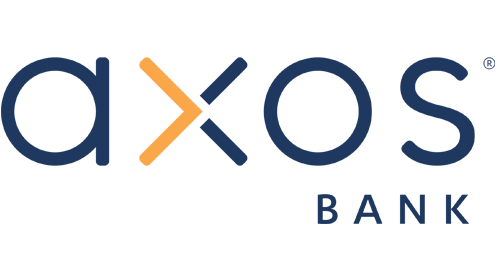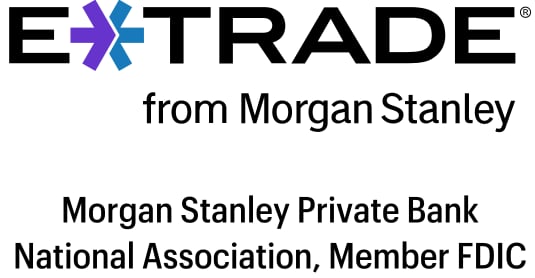What Is Early Warning Services? Part of How Banks Fight Fraud
Early Warning Services is a fintech company that owns Zelle and provides data and information to financial institutions and companies to help them detect and prevent fraud.

Many, or all, of the products featured on this page are from our advertising partners who compensate us when you take certain actions on our website or click to take an action on their website. However, this does not influence our evaluations. Our opinions are our own. Here is a list of our partners and here's how we make money.
According to Federal Trade Commission data, consumers lost almost $8.8 billion to fraud in 2022, including $330 million to text message scams — with bank impersonation as the top text con.
With fraud on the rise, it’s important for financial institutions to do what they can to keep funds and customers safe. That’s where companies like Early Warning Services come in.
What is Early Warning Services?
Early Warning Services (or simply “Early Warning”) is a financial technology company and consumer reporting agency that collects information about fraud and suspicious activity in consumer bank accounts and shares those details with financial institutions.
Early Warning might sound familiar to you — it’s better known for owning and operating Zelle, which is the peer-to-peer payment system used by more than 2,000 banks and credit unions.
The company is co-owned by some of the largest banks in the U.S.: Bank of America, Capital One, JPMorgan Chase, PNC Bank, Truist, U.S. Bank and Wells Fargo.
What does Early Warning Services do?
Similar to ChexSystems, Early Warning collects information about consumers and passes along those details to financial institutions, including banks. The information it provides helps these institutions prevent fraud and risk by drawing a clearer picture of someone’s banking history. Early Warning products are used to verify potential customers’ identities, assess how much risk is involved when considering new account applications, and verify the validity of deposits, payments and new accounts.

Member FDIC
Forbright Bank Growth Savings

4.25%
$0

Member FDIC
Axos ONE® Savings

4.66%
$1,500

Member FDIC
Varo Savings Account

5.00%
$0

Member FDIC
E*TRADE Premium Savings

4.00%
$0
What information does Early Warning collect?
Information that you can find in your Early Warning report includes your bank account number, the status of your bank account, account activity and balances over time and a list of institutions that have accessed information about you in the last 36 months. It also contains personal details such as your address and Social Security number.
What’s important for consumers to know about Early Warning Services?
The bank account reporting companies Early Warning Services and ChexSystems are to checking accounts what credit reporting companies, such as Equifax, Experian and TransUnion, are to credit accounts. That is to say, banks and other financial institutions refer to reports from those companies to help them determine whether it would be risky to provide an applicant with an account. Or, a consumer might get a notice if their existing bank account is closed due to information that’s in their Early Warning report.
Thanks to the Fair Credit Reporting Act, you’re entitled to request a copy of your consumer report from Early Warning, which doesn’t charge a fee for sending the report once per year. When requesting your report, you’ll need to provide basic information to verify your identity.
That requirement is reassuring in terms of security, Jon Morgan, CEO of business consultancy Venture Smarter and a consumer who requested his Early Warning report, said in an email. Once you’ve received your report, you should review the details carefully to make sure everything is accurate.
“Reviewing the report was definitely helpful,” Morgan said in the email. “It gave me a comprehensive overview of my financial history, including any inquiries, accounts and potential red flags. It's like a health checkup for your financial well-being.”
What should you do if you were denied a bank account because of an Early Warning report?
There are a few steps you can take if you’re unable to open a bank account. One key action is to request your Early Warning report so you can review it. Requesting your consumer report will not affect your credit.
If any information appears to be missing or inaccurate, you can notify Early Warning and file a dispute if necessary. Your report could contain negative information from a bank account you had before if you had an unpaid negative balance on it and the account was closed by the bank, for example.
Another action you can take is to consider opening a second-chance checking account, which can be a good option if you’ve been turned down for a standard account because of your banking history. These accounts can help you rebuild your banking history, but they might not offer some features or services that come with regular checking accounts.








